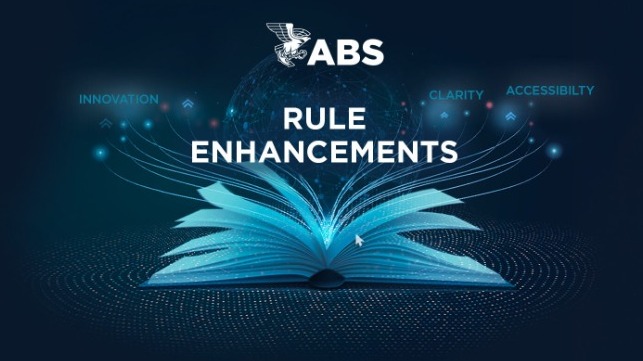Industry Must Update STCW Standards Urgently to Train Seafarers in New Fuel

[By: OneLearn Group]
To keep up with the needs of 800,000 seafarers who must be able to work on ships using new fuels, regulators should prioritise updating STCW standards says e-learning provider OneLearn Global (OLG).
The maritime industry is on the cusp of a transformative era, driven by the ultimate move to green-fuelled ships to meet the IMO’s goals to reduce carbon emissions over the next decade. Leading training platform (OLG) believes the industry needs to act now to ensure companies are ready for the transition.
Managing Director at OLG, Marinos Kokkinis, said: “It is imperative the industry acts now so that we are prepared to transition over to green-fuelled ships. There is still so much we need to learn about green fuels, but we need to be looking at the framework of our training now and the STCW standards need to be updated to reflect how our landscape is changing. Basic safety training must include new fuels, focusing on alternative propulsion systems, energy management, and safety protocols."
Learning Solutions Program Manager at OLG, Malevi Manenti, added: “When it comes to new fuels, training courses are scattered and not yet aligned. The industry should be working together to foster collaboration among stakeholders to develop standardised training programmes, ensuring a cohesive approach globally. More and more information on new fuels is going to be developing and coming out continuously, so it is vital we are promoting a culture of continuous learning for seafarers and encouraging ongoing education on new technologies.”
OLG is leading the way in training opportunities for seafarers in new fuels with a number of initiatives, such as adopting customised learning plans tailored to the technical and safety requirements specific to green-fuelled ships, as well as cutting edge e-learning simulators. The company believes more companies should be looking at innovative technology solutions such as simulators to aid training.
Capt. Ioakeim Diplas, Marine Subject Matter Expert, OLG, added: “OLG is dedicated to remaining at the forefront of preparing maritime professionals for the challenges and opportunities presented by the transition to green-fuelled ships. By combining innovative training methodologies, global accessibility, and collaborative partnerships, we are poised to make a substantial impact on the successful adaptation of the industry workforce to the demands of a sustainable maritime future.”
ABS New Comprehensive Standards to Support Adoption of New Technology

[By: ABS]
In an industry first, ABS has introduced a comprehensive approach to support development of the next generation of designs and equipment employing the latest technology driven by decarbonization and digitalization.
ABS Marine Vessel Rules now include an extensive set of newly developed functional requirements and a standardized risk-based methodology which provides a path for class approval. These rule enhancements are a result of a multi-year collaboration with industry, shipyards, owners, equipment manufacturers, designers and regulators.
“ABS’ rules are built to adapt to a new and dynamic technological world,” said Christopher J. Wiernicki, Chairman and CEO of ABS. “By enhancing our rules with risk-based requirements and strengthening our technical content to add functional requirements aligned to prescriptive criteria, ABS enables the safe and rapid adoption of innovation and technology to support our clients’ and the maritime industry’s evolving decarbonization and digital ambitions.”
Under key safety and environmental objectives, the rules introduce categories of critical ship design elements, each underpinned by detailed functional requirements, which are comprehensive, easily accessible and provide clear technical guidance.
Alternative arrangements and new technologies may be accepted if designers, shipyards, owners, equipment manufacturers or others demonstrate compliance with the functional requirements. Applicable ABS prescriptive rules remain in place for conventional designs, technologies and arrangements that follow the traditional approval process.
“The new and improved interface for ABS rules helps simplify and clarify class requirements, preventing any interruptions in the plan review process. This risk-based approach allows us to innovate with confidence and incorporate new technology,” Seung-Ho Jeon, Senior Executive Vice President and Chief Technology Officer, HD Hyundai Heavy Industries.
Introduction of ABS’ approach for new technology and alternative arrangements is part of a series of enhancements ABS has made to its industry-leading rules and guides featuring a new, easily accessible and improved format with updated graphics, enhanced search capabilities, and greater transparency and clarity into technical criteria with the addition of more commentary, technical background and functional guidance to assist clients.
These updates follow enhancements made in 2023 where ABS launched industry’s only Custom Rule Book application, a powerful new tool which allows users to instantly create tailored rules sets for their specific vessel or project. Explore ABS’ latest rule enhancements here.
The products and services herein described in this press release are not endorsed by The Maritime Executive.
No comments:
Post a Comment